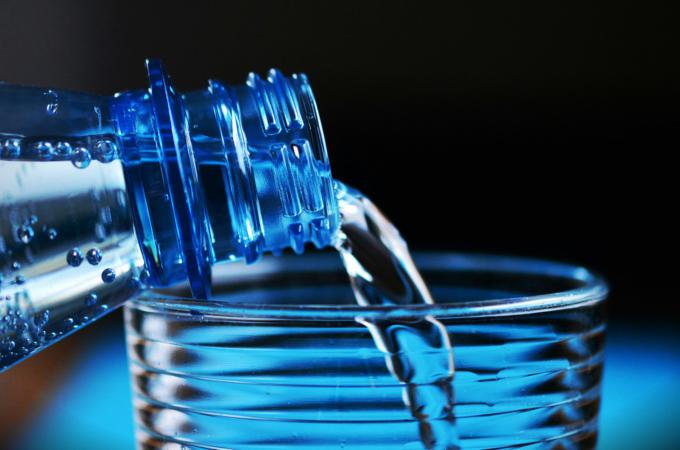Dehydration is more common than you think
There is a reasonably good chance that you are dehydrated right now. According to a 2013 CBS report, 75 percent of adults experience chronic dehydration. What may be more startling is that older adults over the age of 65 are even more likely to experience dehydration than the younger demographic surveyed in the report.
The effects of dehydration can be severe and sometimes deadly, but more often they go unnoticed. Conditions such as fatigue, aching joints, headache, weight gain and irritability are all signs of dehydration that are rarely recognized as such. Very few of us would instinctively reach for a glass of water to cure our tiredness, salve our aching bones or stave off hunger.
As the summer season sets in, don't let dehydration ruin your ability to enjoy the lovely weather. If you are a man, it is a good idea to drink six to eight 8-ounce glasses of water a day, and five 8-ounce glasses if you are a woman. However, everyone has different needs depending on age, health, and other factors.
Older adults are more vulnerable
As muscles and tissues atrophy with age, the balance of water in our bodies decreases. At the same time, aging kidneys lose their precision when it comes to regulating the body's internal balance of fluids, causing us to lose more water than we ought to. Older adults often can't tell when they're dehydrated. The sense of thirst, one of our built-in protections against dehydration, becomes less pronounced with age.
Risk factors
-- Heat -- hot weather causes us to lose water more quickly through perspiration.
-- Certain medications have a diuretic effect. Ask your doctor about medication that may lead
to dehydration.
-- Worries about incontinence can lead to inadequate hydration. People who drink less to "correct" a bladder control problem put themselves at higher risk of dehydration.
If unaddressed, dehydration can snowball into increasingly serious problems for older adults. Dizziness, a common symptom, increases the risk of falling. Ultimately, being dehydrated could result in a fracture, a broken bone or other serious fall-related injuries. Long-term or chronic dehydration has been linked to coronary artery disease and some forms of cancer, including bladder cancer for men. It can also cause cognitive problems similar to dementia, including poor concentration and severe short-term memory loss.
In hot weather, we lose fluids more rapidly through perspiration. The single most important way to prevent dehydration is to replenish those fluids by drinking water, even if you're not perspiring or don't feel thirsty. Simply staying indoors is not enough. You could be sitting in a cool, air-conditioned room all day long and still become dehydrated. There's simply no substitute for drinking water.
Beware of these common signs of dehydration:
-- Dry mouth, thick saliva
-- Urinating only in small amounts or not at all
-- Deeply colored urine (the clearer, the better)
-- Headaches
-- Cramps
-- Weakness, general feeling of being unwell
-- Sleepiness or irritability
If you drink alcohol and/or caffeine, you will need to drink even more water to offset the diuretic effects. Diuretics cause the body to lose water. So for every caffeinated or alcoholic beverage you drink, be sure to add another glass of water to your daily quota. Another great way to keep yourself hydrated is to eat plenty of high-water fruits, such as watermelon, cantaloupe, grapes and berries.
It may not seem like much, but a glass of water every few hours can have a significant impact on well-being, especially during the summer. Spread the word and stay hydrated!
- Adam Johnson writes for Youville Assisted Living Residences, member of Covenant Health Systems, a Catholic, multi-institutional health and elder care organization serving New England.



















